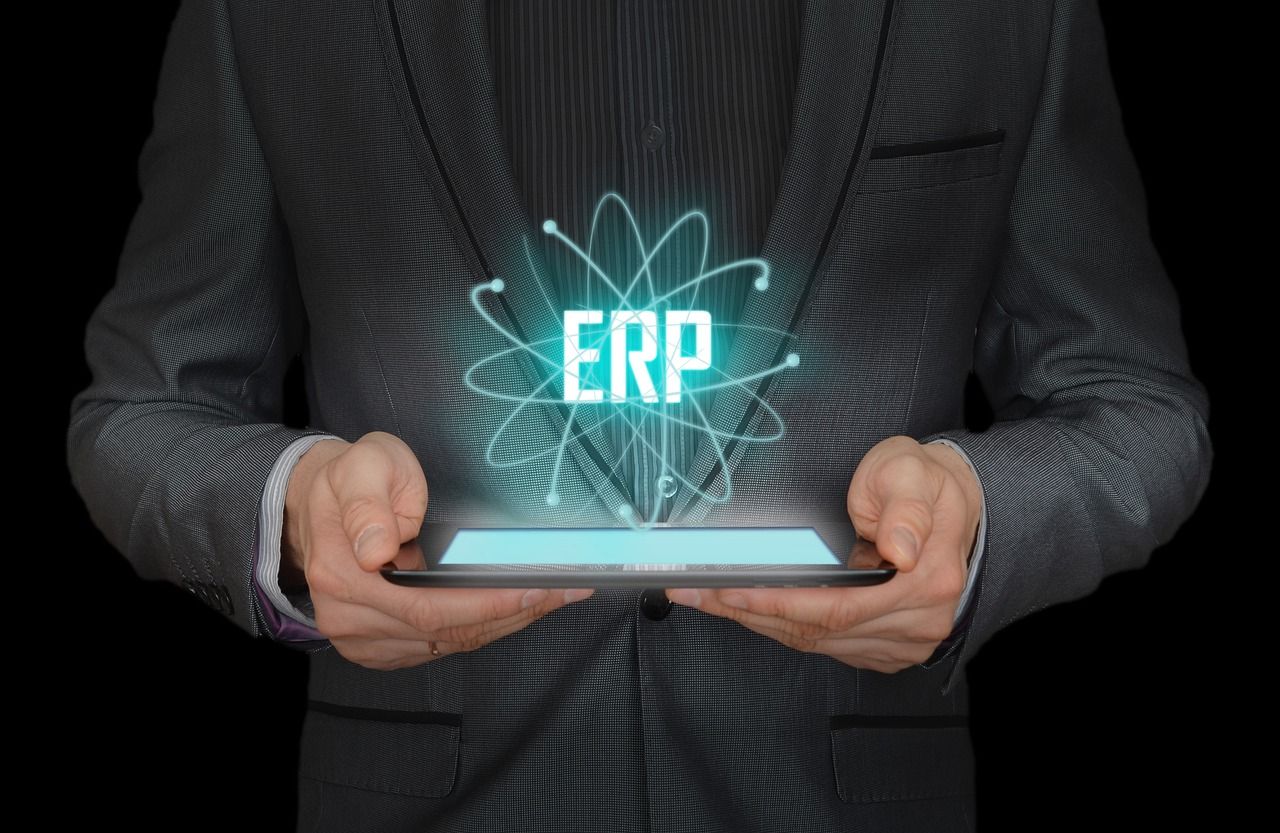business resources
The Role of ERP in Business Growth and Expansion
30 Jan 2024, 3:49 pm GMT
In today's dynamic and competitive business environment, organizations constantly seek ways to streamline their operations, enhance productivity, and achieve sustainable growth. Enterprise Resource Planning (ERP) has emerged as a crucial tool in this pursuit, providing a comprehensive solution for managing core business processes. ERP systems integrate various functions across different departments, offering a unified platform that enables efficient data management and decision-making. This article delves into the pivotal role of ERP in fostering business growth and expansion, examining its impact on key aspects such as operational efficiency, scalability, data-driven decision-making, customer satisfaction, and global reach.
Enhancing Operational Efficiency
At the heart of ERP's significance lies its ability to enhance operational efficiency. ERP systems consolidate disparate business processes, from finance and human resources to supply chain management and customer relationship management. Also, hosted ERP solutions play a crucial role in providing a centralized database, enabling real-time collaboration and communication among different departments. This integration eliminates data silos, reduces manual data entry errors, and accelerates the speed of information flow within the organization. Consequently, employees can access accurate and up-to-date information, fostering a more agile and responsive operational environment.
Scalability for Growth
Scalability is a critical factor for businesses aiming for growth and expansion. ERP systems are designed to scale alongside the organization, accommodating increasing volumes of data, users, and transactions. This scalability ensures that the ERP solution remains effective and efficient as the business grows. Whether a company is expanding its product lines, entering new markets, or experiencing a surge in customer demand, an ERP system can seamlessly adapt to these changes without disrupting operations.
Data-Driven Decision-Making
In the era of big data, the ability to derive actionable insights from vast amounts of information is a strategic advantage. ERP systems play a pivotal role in enabling data-driven decision-making by consolidating diverse data sources into a unified platform. With real-time analytics and reporting capabilities, businesses can gain a holistic view of their operations, customer behavior, and market trends.
ERP's analytics tools empower executives to make informed decisions based on accurate and timely information. Whether it's forecasting demand, optimizing inventory levels, or identifying opportunities for cost reduction, ERP provides the necessary tools for data analysis. This not only enhances the overall decision-making process but also contributes to the organization's adaptability and competitiveness in a rapidly changing business landscape.
Customer Satisfaction and Retention
In an era where customer experience is a key differentiator, ERP systems contribute significantly to enhancing customer satisfaction and retention. By integrating customer-related processes, such as order fulfillment, inventory management, and customer service, ERP ensures a seamless and consistent experience for customers across various touchpoints. This integrated approach enables businesses to respond promptly to customer inquiries, fulfill orders efficiently, and maintain optimal inventory levels.
Moreover, the centralized customer data within the ERP system allows organizations to gain a comprehensive understanding of their customers' preferences, behaviors, and feedback. This insight is invaluable for tailoring products and services to meet customer expectations, fostering loyalty, and ultimately driving repeat business. ERP's role in improving customer satisfaction goes beyond the point of sale, extending to the entire customer lifecycle, from initial engagement to post-purchase support.
Global Reach and Cross-Border Operations
For businesses eyeing international expansion, ERP becomes a strategic enabler for managing the complexities of global operations. Multi-site functionality, multiple currency support, and localization capabilities are integral features of modern ERP systems that facilitate seamless cross-border operations. These capabilities ensure that businesses can standardize their processes across different locations while adhering to regional compliance requirements.
ERP's global reach extends to supply chain management, enabling organizations to optimize procurement, logistics, and distribution on a global scale. This not only improves the efficiency of the supply chain but also reduces costs associated with international trade. As businesses expand into new markets, ERP systems provide a cohesive platform for managing diverse operations, fostering collaboration among teams operating in different time zones and cultural contexts.
Ensuring Compliance and Risk Management
In an increasingly regulated business environment, compliance and risk management are non-negotiable aspects of sustainable growth. ERP systems incorporate features that help organizations adhere to industry-specific regulations, standards, and best practices. Whether it's financial reporting compliance, data security regulations, or industry-specific requirements, ERP provides a framework for implementing and enforcing compliance measures.
Furthermore, ERP systems contribute to risk management by providing real-time visibility into potential issues and vulnerabilities. With robust security measures, audit trails, and access controls, ERP safeguards sensitive data and mitigates the risk of fraud or unauthorized access. By proactively addressing compliance and risk management, organizations can build trust with stakeholders, protect their reputations, and create a solid foundation for long-term growth.

In conclusion, the role of ERP in business growth and expansion is multifaceted and indispensable. From enhancing operational efficiency and scalability to fostering data-driven decision-making and ensuring global reach, ERP systems empower organizations to navigate the complexities of today's business landscape. The impact of ERP extends beyond the realm of technology, influencing organizational culture, strategic planning, and customer relationships.
Share this
Arthur Brown
Writer
A dad of 3 kids and a keen writer covering a range of topics such as Internet marketing, SEO and more! When not writing, he's found behind a drum kit.
previous
Start A Beauty Business With These Vital Steps
next
Power BI: A Key Tool for Business Intelligence within the Digital Age